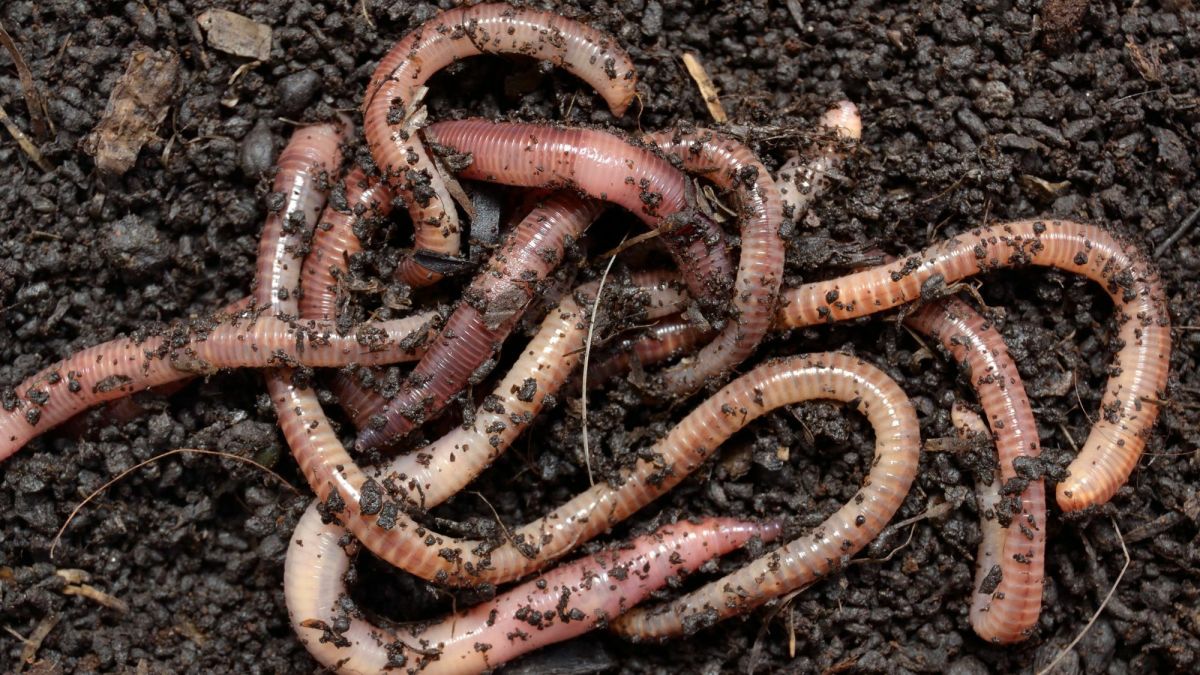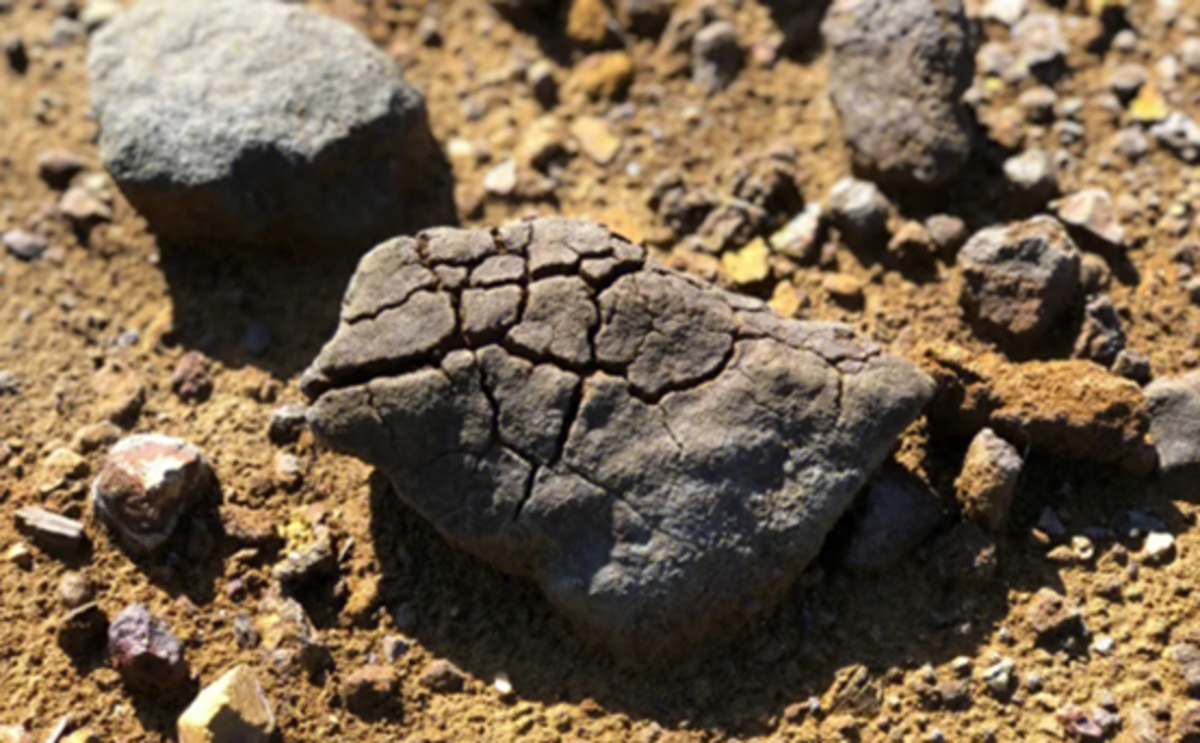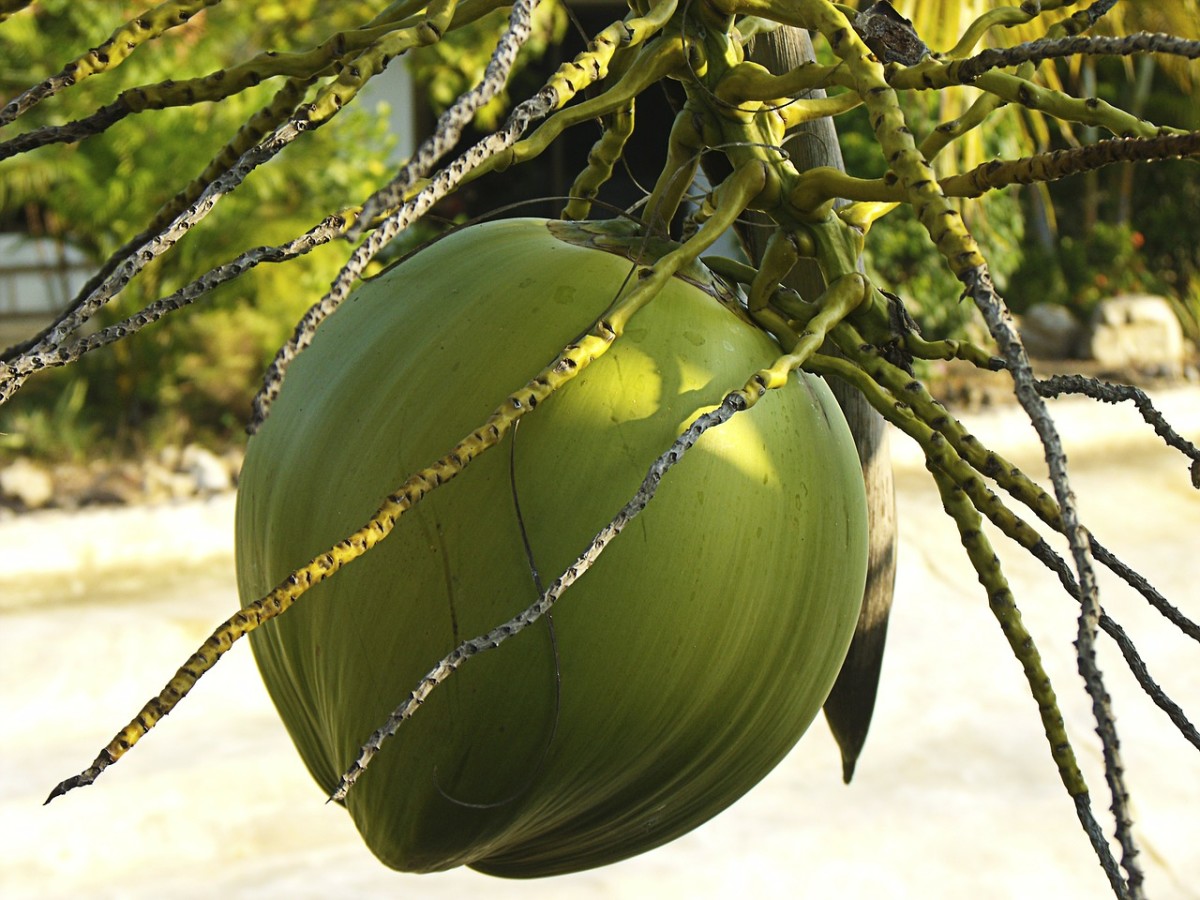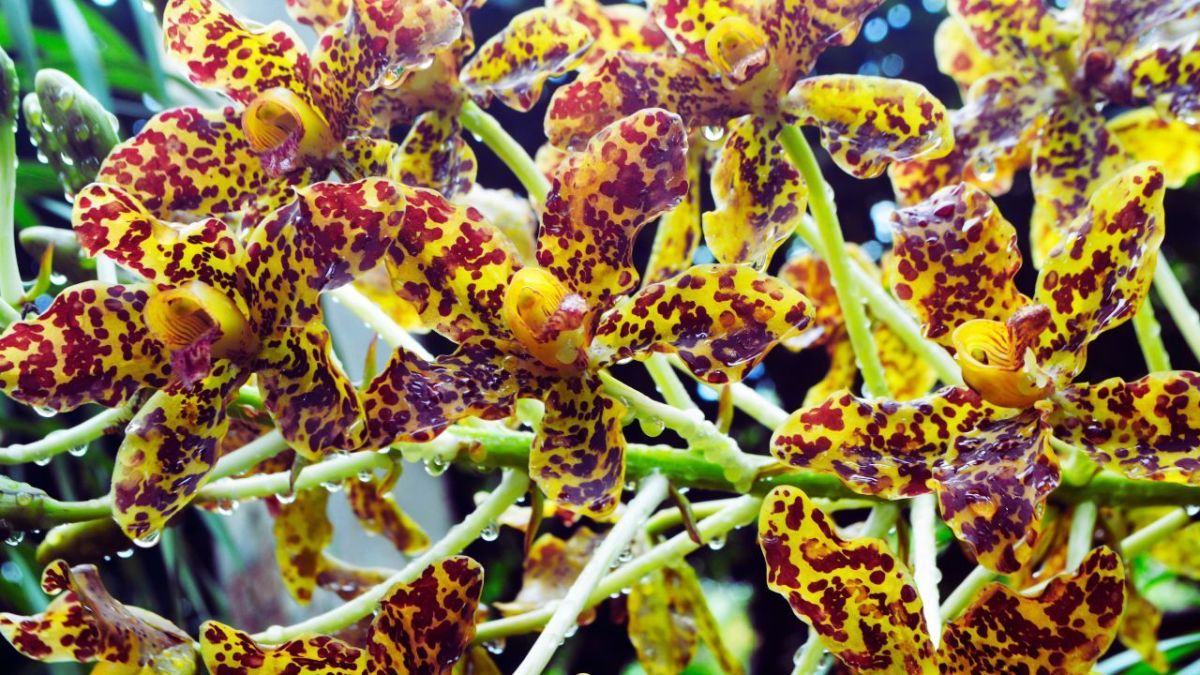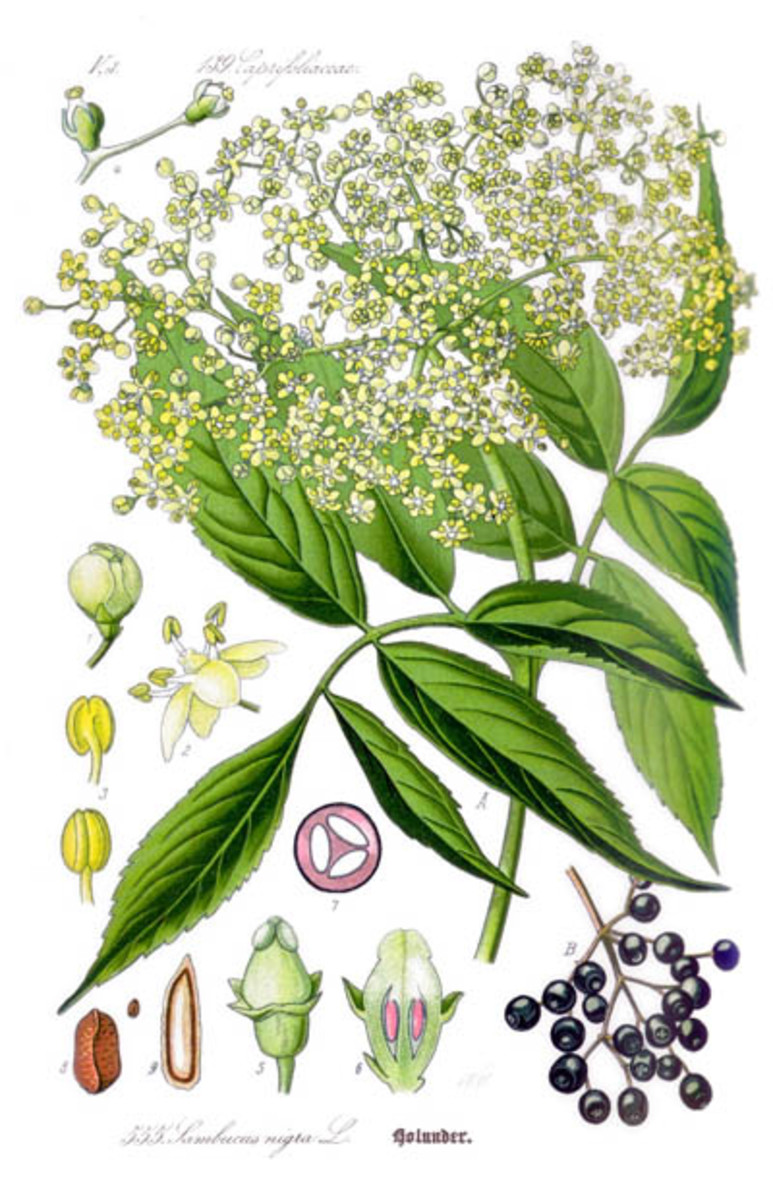5 Benefits of Organic Agriculture
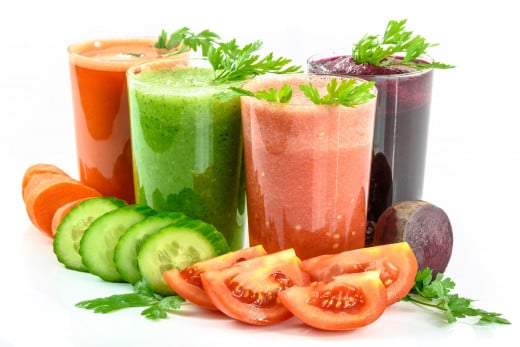
Reasons for a return to organic farming
A lot of people blame modern farming practices for some of the health issues that they are experiencing. Additionally, by looking at data and comparing the soil quality of the late 1900 to early 20th century to present, they have seen an increase in soil compaction, soil erosion, and declines in overall soil fertility due to the introduction of artificial fertilizers. And what impact has this had on our health?
Take Non-Hodgkin lymphoma as an example, the US department of health and human services says that in 2016, there were an estimated 694,704 people living with non-Hodgkin lymphoma in the United States.
They have been keeping records since 1975, and for over 41 years have observed that this disease was steadily rising and what they have since discovered is that pesticides have been known to cause lymphoma, leukemia, breast cancer, asthma, and other immune system disorders.
Additionally, some of the harm chemical fertilizers may cause include waterway pollution, chemical burn to crops, increased air pollution, acidification of the soil and mineral depletion of the soil.
Currently, most large scale farms use synthetic fertilizers and pesticides, and other Synthetic substances to speed up food production. Using these methods prevents the plant and soil to break down naturally. This has caused a chain reaction in our food supply which has a negative effect on our plants, animals, fish, and marine life. These chemicals have caused havoc in our wetlands too.
Therefore, due to present and future threats to our food security from these artificial chemical substances found in our food industry, many people and some organizations have begun to advocate a return to organic farming.
What is organic farming?
Organic farming can be likened to a back to nature type farming. The farming practice that some ancient civilizations engaged in is making a comeback.
It relies heavily on the enhancement of soil fertility, organic or plant-based fertilizers, biological diversity, and places emphasis on techniques such as crop rotation and companion planting and the sustainable integration of other ecosystems. Another primary feature of organic farming is the rejection of genetically engineered plants and animals. This rejection is rooted in the belief that the consumption of these genetically engineered foods can cause the development of diseases that are immune to antibiotics. (no known cure).
So how beneficial is organic agriculture techniques? Let us find out.
Organic fertilizers
Organic fertilizers are the use of mulch and compost o break down organic matter. These are waste or leftover foods, grass or leaves, that are allowed to decompose into the soil. This biological process is driven by microorganisms such as mycorrhiza. Compost is very beneficial to the environment. It is a source rich in nutrients which is food for the soil. It works as a natural pesticide for the soil.
Organic fertilizing also uses the green manure technique which is other plants specifically grown to cover the soil (not for harvesting). Cover crops are good for soil fertility and soil quality.
Biological pest control
Organic farmers because of their love of things grown or reared naturally, have employed a method of controlling pests such as insects, mites, weeds and plant disease. They do this by introducing a natural enemy of that pest that is destroying their plants or crop. So basically they are using nature against each other. Scientists have been using Pyrethrins, an organic compound found in Chrysanthemum plants as a naturally occurring insecticide against these pest. Because they are biodegradable Pyrethrins are widely preferred to Pyrethroid
They believe this is safer than using synthetic fertilizers, or any growth hormones or modified organism (creatures)This approach is called Integrated Pest Management (IPM).
Crop rotation
Crop rotation is using the same area of soil to plant different types of crops throughout the year. This is designed to prevent soil erosion because growing the same crop in the same area year after year can gradually deplete the soil of certain nutrients. If a certain crop leaches the soil of one kind of nutrient then planting a different crop in the same area can return that nutrient to the soil in the following season.
This method reduces the buildup of pathogens and pests that often occurs when one type of plant is constantly grown in the same area. This will increase the structure of the soil so the plants can flourish giving farmers a better yield for each season. Another benefit is by using this method, a small farmer can be just as successful as a large scale farmer because he could potentially get from the same location two to three different types of crops every year to sell. This would reduce his expense especially if he his thinking of getting a loan from a bank.
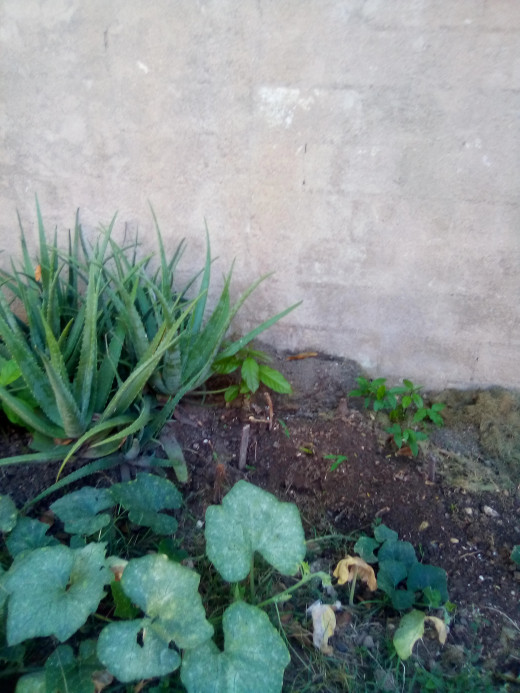
Companion Planting
Another organic farming method is Companion Planting in agriculture, also called Polyculture. This is the planting of different crops in close proximity to each other. This a tried and true sustainable ecosystem. Many ancient civilizations have used this farming method. The benefits of this method are wide-ranging. Here are just a few.
- Natural pest control.
- Pollination.
- providing habitat for beneficial insects.
- Maximizing the use of space.
- Increase in crop productivity.
Please watch the video below to learn about Companion Planting.
Great companion plants
Organic meat and poultry
Organic farms, once they are certified according to the USDA organic regulations, can introduce to the meat and poultry industry natural living conditions and feed that the animals must enjoy throughout their lives.
When it comes to livestock feed organic farmers refused to use antibiotics therapy in the animals, instead, they promote animal health in a holistic manner, the animal feed must be organic and the animals must be pastured, they need to graze on land used for farming. This helps in the growth development of the animals.
Future trend in organic agriculture
Global newswire is reporting that "The global organic farming market accounted for 50.9 million hectares of organic agricultural farmland in 2015 and is expected to expand at a growth rate of 8.4% by 2026 during the forecast period (2018-2026)."
So there is sustained interest in organic farming, right now there are a lot of organic feeds for beef, so look for organic beef products in supermarkets. There is already organic baby food in some online and specialty stores, and if you do not have the time you can buy organic fertilizers and feeds for your own plants and animals.
Global Newswire
- Global Organic Farming Market is Expected to Exhibit a Growth Rate of 8.4 % by 2026
Seattle, Jan. 25, 2019 (GLOBE NEWSWIRE) -- The global organic farming market accounted for 50.9 million hectares of organic agricultural farmland in 2015...
Conclusion
Organic agriculture is here to stay. Decades of data and research shows that modern farming methods while having a good intention, have damage our ecosytems or at least creates an imbalance between man and nature.
In case you may be wondering, organic farming does have a control mechanism in place? The answer is yes it is internationally regulated and legally enforced by many nations. The International Federation of Organic Agriculture Movements (IFOAM) is the body that oversees the regulation. Did you know they also sell domain names that end in the .bio extension. So if you have a website that features organic products, you can get a domain name from them that ends in.Bio. How cool is that?
Thank you for reading. If you find this article informative and timely, please share it with anyone interested in living a healthy lifestyle.
Resources
https://www.ifoam.bio/
https://www.cdc.gov/cancer/lymphoma/
https://seer.cancer.gov/statfacts/html/nhl.html
https://en.wikipedia.org/wiki/Organic_farming
Friends what is your opinion on this topic?
Do you belief organic farming is here to stay?
© 2020 Rosemarie Graham

